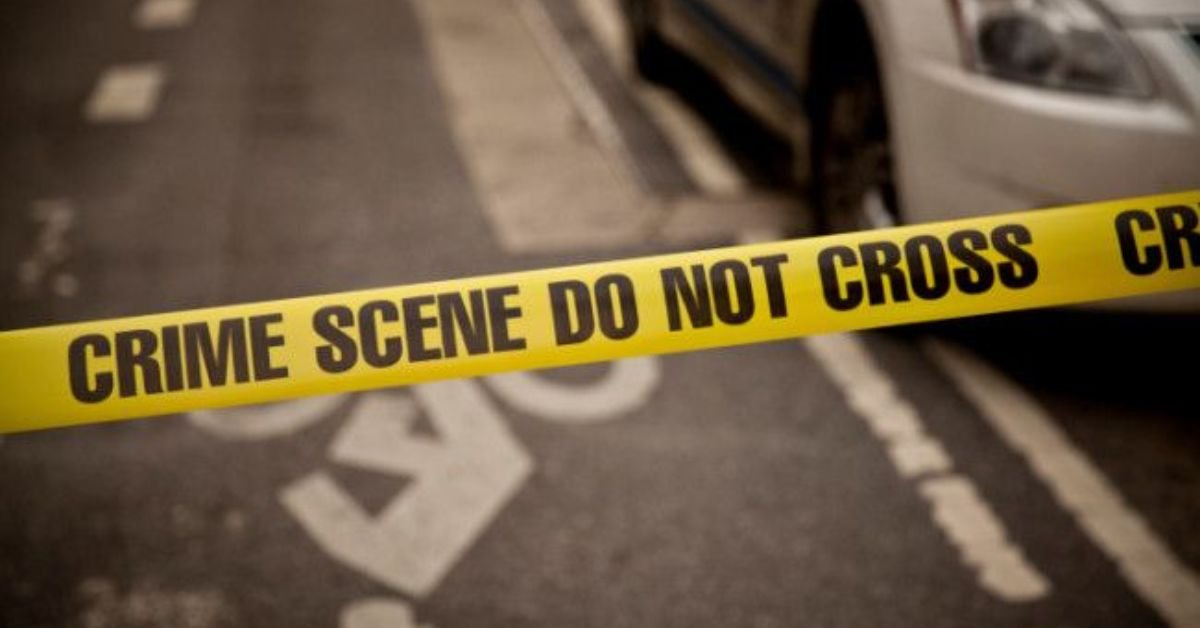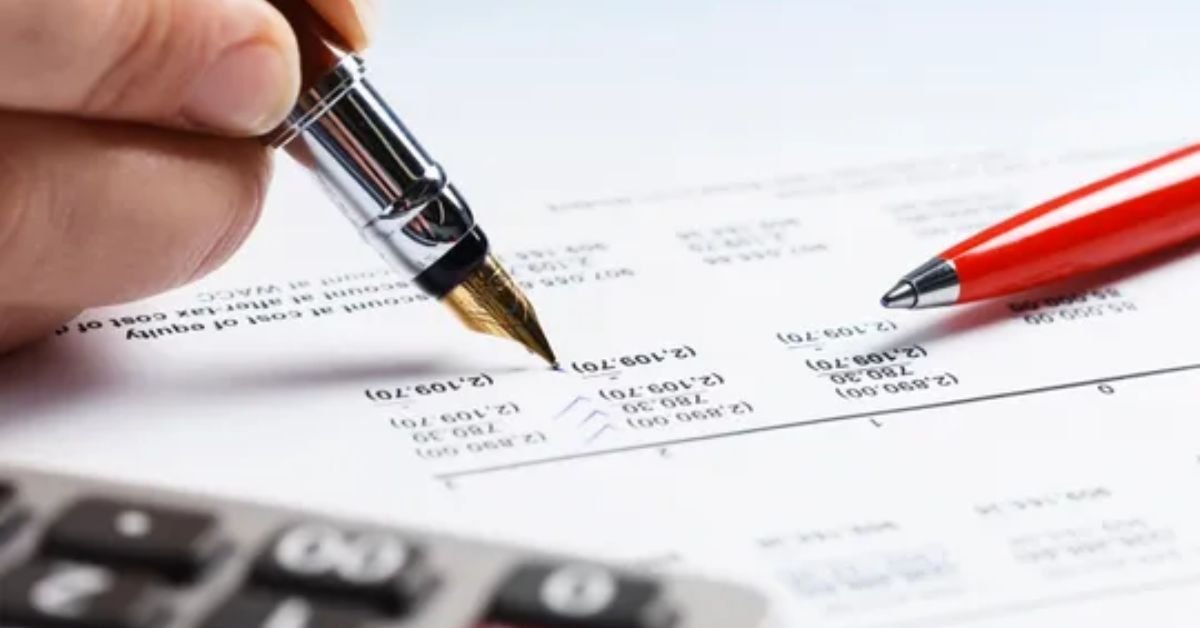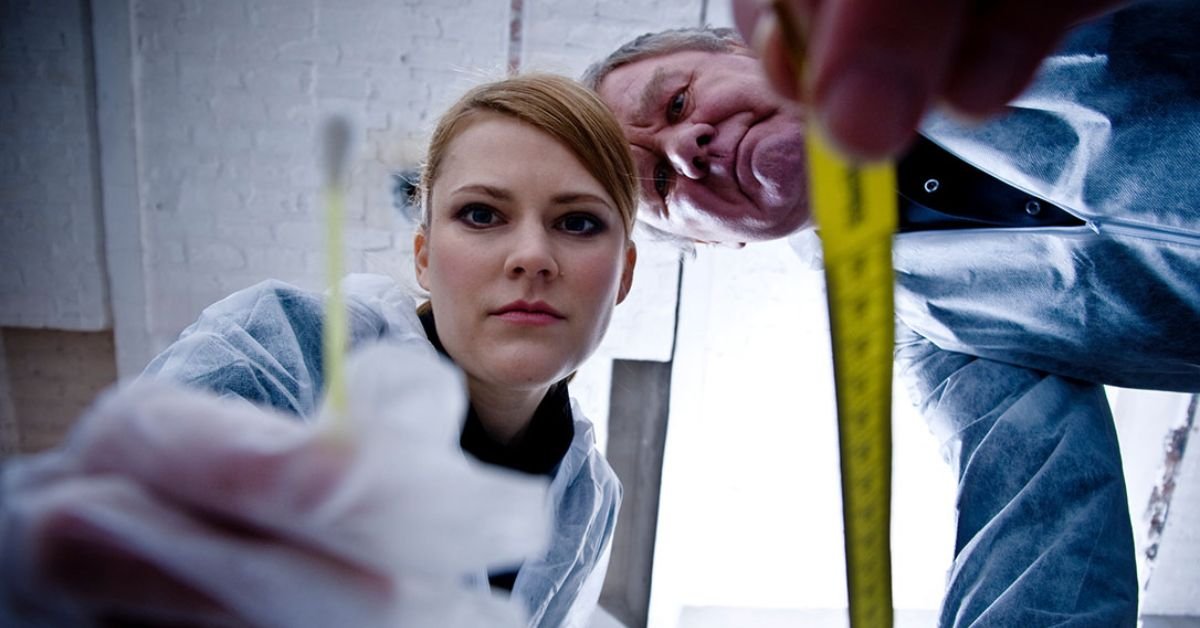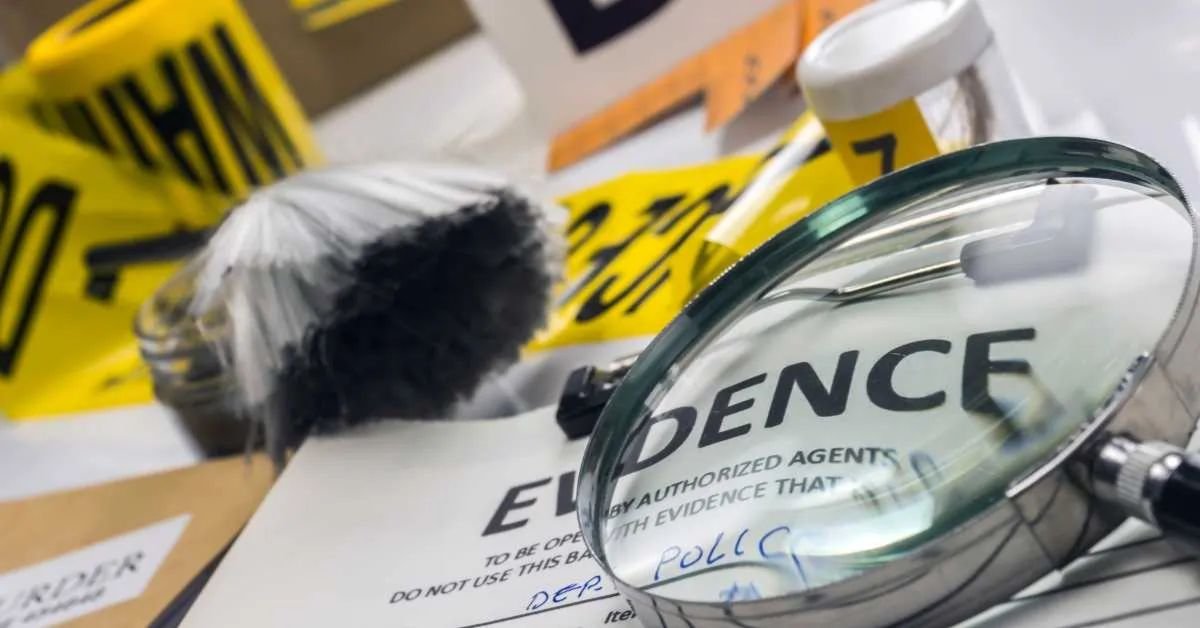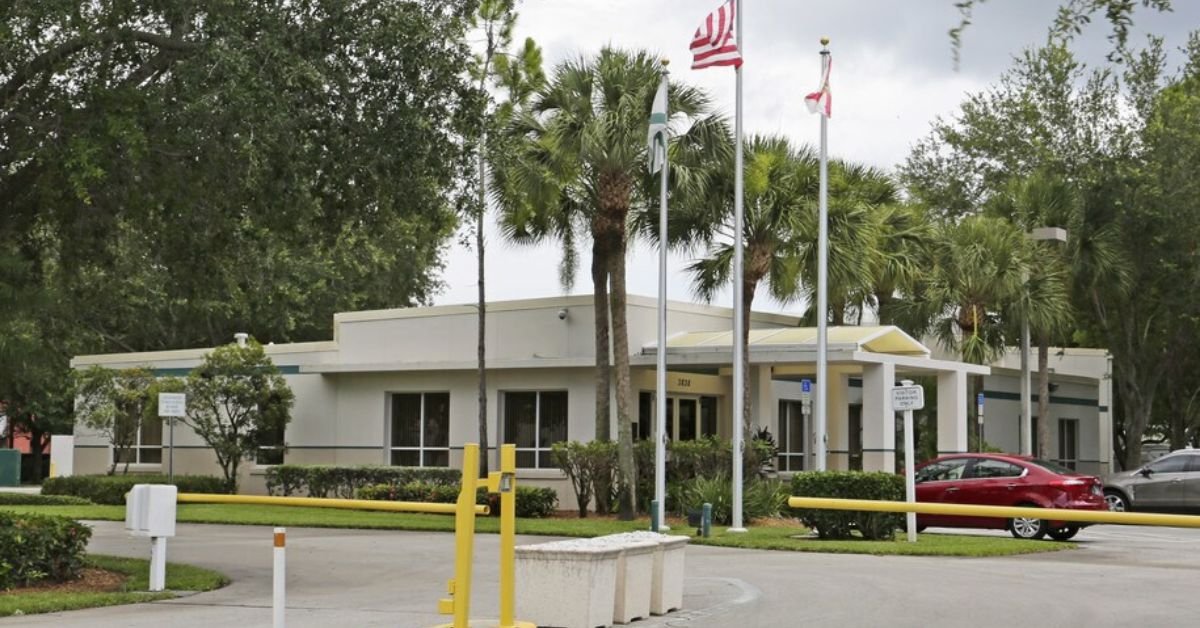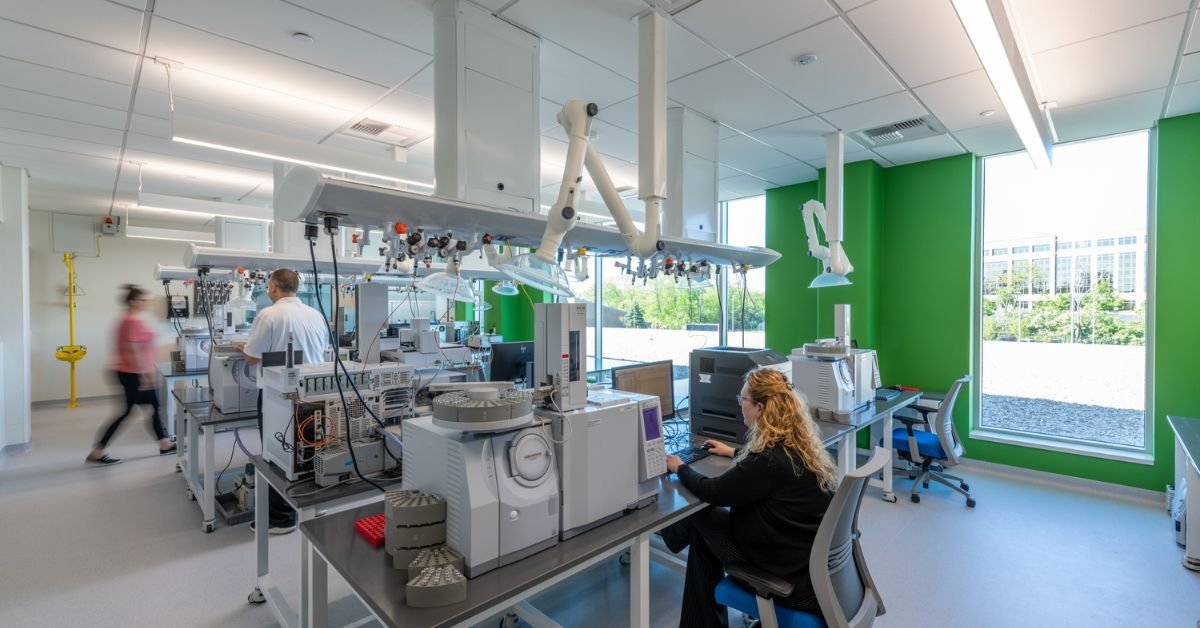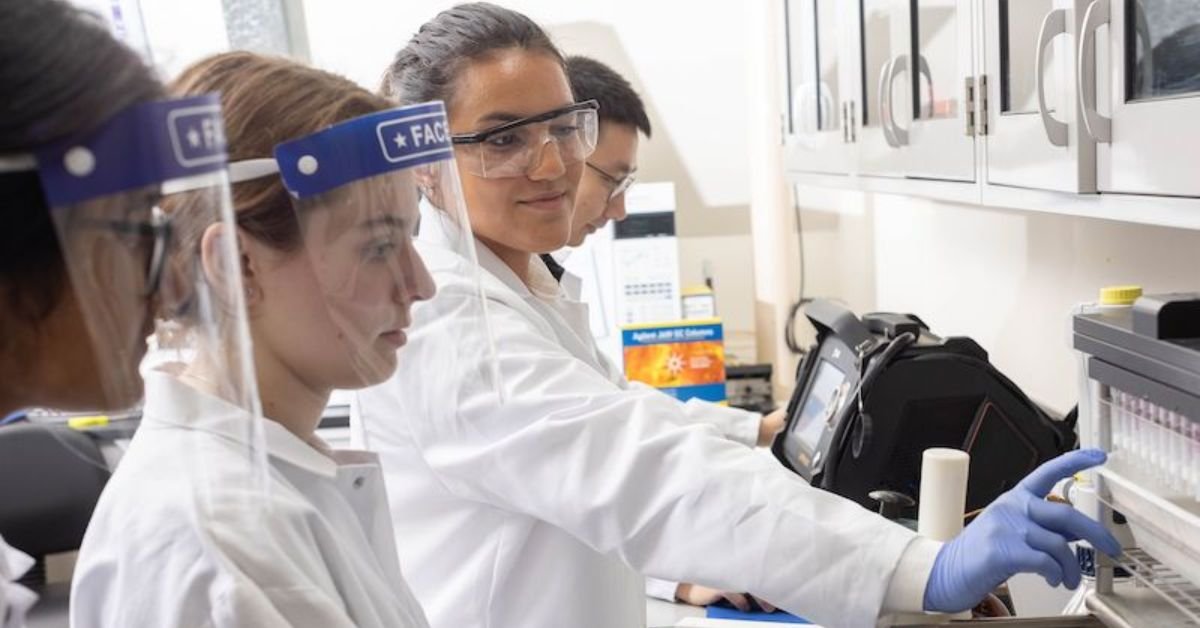Crime scene investigation (CSI) plays a crucial role in the criminal justice system, as it involves collecting, preserving, and analyzing evidence from a crime scene to support legal proceedings. Florida has established a set of laws and regulations to guide the crime scene investigation process, ensuring that the rights of individuals are respected, evidence is properly handled, and the legal process remains fair and just.
This article provides a comprehensive overview of Florida’s crime scene investigation laws, outlining key regulations, best practices, and legal procedures followed by law enforcement agencies in the state.
Overview of Florida Crime Scene Investigation Laws
Florida’s crime scene investigation laws are designed to ensure that evidence collected at crime scenes is handled in a scientifically sound, legally compliant, and ethically responsible manner. These laws aim to protect the integrity of the evidence, prevent contamination, and establish procedures that law enforcement must follow to ensure that all investigations are conducted in line with legal requirements.
Crime scene investigations in Florida are governed by a combination of state laws, law enforcement protocols, and regulations provided by agencies such as the Florida Department of Law Enforcement (FDLE), local law enforcement agencies, and the Florida Medical Examiners Commission (FMEC).
Key Regulations for Crime Scene Investigations in Florida
1. Chain of Custody
One of the most critical aspects of crime scene investigations in Florida is maintaining the chain of custody. The chain of custody refers to the documentation and tracking of evidence from the moment it is collected at the crime scene to the time it is presented in court.
- Florida Statutes Section 90.202: This statute governs the admissibility of evidence in court and requires that evidence be properly documented and handled at all stages of an investigation. If the chain of custody is broken, evidence may be deemed inadmissible in court.
- FDLE Guidelines: The Florida Department of Law Enforcement establishes protocols for ensuring that the chain of custody is maintained from evidence collection through analysis, storage, and final use in legal proceedings. Law enforcement officers must document each transfer of evidence and ensure it remains secure.
2. Crime Scene Securing and Evidence Collection
Florida law requires law enforcement officers to properly secure a crime scene to preserve evidence and prevent contamination. When responding to a crime scene, officers are expected to follow established procedures to ensure the integrity of the scene and the evidence.
- Florida Statutes Section 943.325: This statute requires that law enforcement agencies follow specific guidelines for collecting evidence from crime scenes. This includes securing the perimeter of the scene, photographing the area, and collecting physical evidence without contaminating it.
- Best Practices for Evidence Collection: Law enforcement officers must wear protective gear to avoid contaminating evidence, including gloves, shoe covers, and masks. Evidence must be collected in a way that prevents mixing, loss, or contamination of materials. The collection process includes labeling and cataloging evidence with clear documentation.
- Crime Scene Investigators: Many law enforcement agencies in Florida have specialized crime scene investigators (CSIs) trained to process crime scenes. These investigators work alongside officers to ensure that the scene is documented and that evidence is carefully collected.
3. Crime Scene Documentation and Photography
Proper documentation of the crime scene is essential for preserving the integrity of the investigation and ensuring that evidence can be accurately presented in court. Photographs, sketches, and written notes are all crucial tools for documenting the scene.
- Photographic Evidence: Officers and crime scene investigators must take extensive photographs of the scene, documenting the position of evidence, the condition of the area, and any potential hazards or environmental factors that could be relevant to the investigation.
- Sketching the Scene: In some cases, officers will sketch a detailed diagram of the crime scene, noting the positions of key pieces of evidence. This documentation helps establish the layout of the scene for later analysis.
- Written Notes: In addition to photographs and sketches, investigators must maintain detailed written notes about the collection and handling of evidence, including the names of individuals involved in the process and the time each action took place.
4. Crime Scene Search Protocols
Florida law requires law enforcement officers to follow specific protocols during a crime scene search to avoid violating individuals’ constitutional rights. The search must be conducted with appropriate legal authority, such as a warrant or consent from the property owner.
- Search Warrants: In most cases, law enforcement officers must obtain a search warrant to enter private property and conduct a search for evidence. The Fourth Amendment of the U.S. Constitution requires that searches be reasonable and supported by probable cause.
- Consent Searches: If consent is given by the property owner or a legal representative, officers may search the premises without a warrant. However, officers must ensure that consent is voluntarily given and is properly documented.
5. Forensic Analysis of Evidence
Once evidence is collected from a crime scene, it must be sent to a forensic laboratory for analysis. The Florida Department of Law Enforcement (FDLE) and other local law enforcement agencies have accredited forensic laboratories that perform various types of analysis, including:
- DNA Analysis: DNA samples collected from the scene or the victim can be analyzed to identify suspects or victims.
- Fingerprint Analysis: Forensic experts examine fingerprints collected from the scene to identify potential suspects.
- Toxicology Testing: Toxicology labs test biological samples for drugs, alcohol, and poisons that may have contributed to the cause of death or injury.
- Ballistics and Firearms Analysis: Forensic experts analyze firearms, ammunition, and spent bullets to link a weapon to a crime scene or a suspect.
Florida Statutes Section 943.325 mandates that forensic labs maintain accreditation standards and that all forensic analyses be conducted according to scientifically accepted methods to ensure their admissibility in court.
6. Evidence Preservation and Storage
Florida law requires that evidence be properly stored and preserved to maintain its integrity for future analysis or court use. Evidence must be stored in secure facilities to prevent tampering or contamination.
- Evidence Storage: Law enforcement agencies must have secure evidence rooms with restricted access to prevent unauthorized individuals from handling or altering evidence.
- Biological Evidence: Biological evidence, such as DNA or bodily fluids, must be stored under specific conditions (e.g., refrigeration) to prevent degradation or contamination.
- Chain of Custody Records: Detailed records must be kept for each item of evidence, including its location, the people who handled it, and any transfers that took place.
Conclusion
Florida’s crime scene investigation laws are designed to ensure that evidence is collected, preserved, and analyzed according to rigorous standards that protect the integrity of the legal process. By adhering to strict regulations related to evidence handling, documentation, and forensic analysis, Florida’s law enforcement agencies ensure that the criminal justice system operates fairly and effectively. The laws surrounding crime scene investigations help prevent wrongful convictions and ensure that criminals are held accountable for their actions.
References
- Florida Statutes Section 90.202 – Admissibility of Evidence: https://www.leg.state.fl.us
- Florida Statutes Section 943.325 – Forensic Laboratories and Evidence Handling: https://www.leg.state.fl.us
- Florida Department of Law Enforcement (FDLE) – Forensic Science Services: https://www.fdle.state.fl.us
